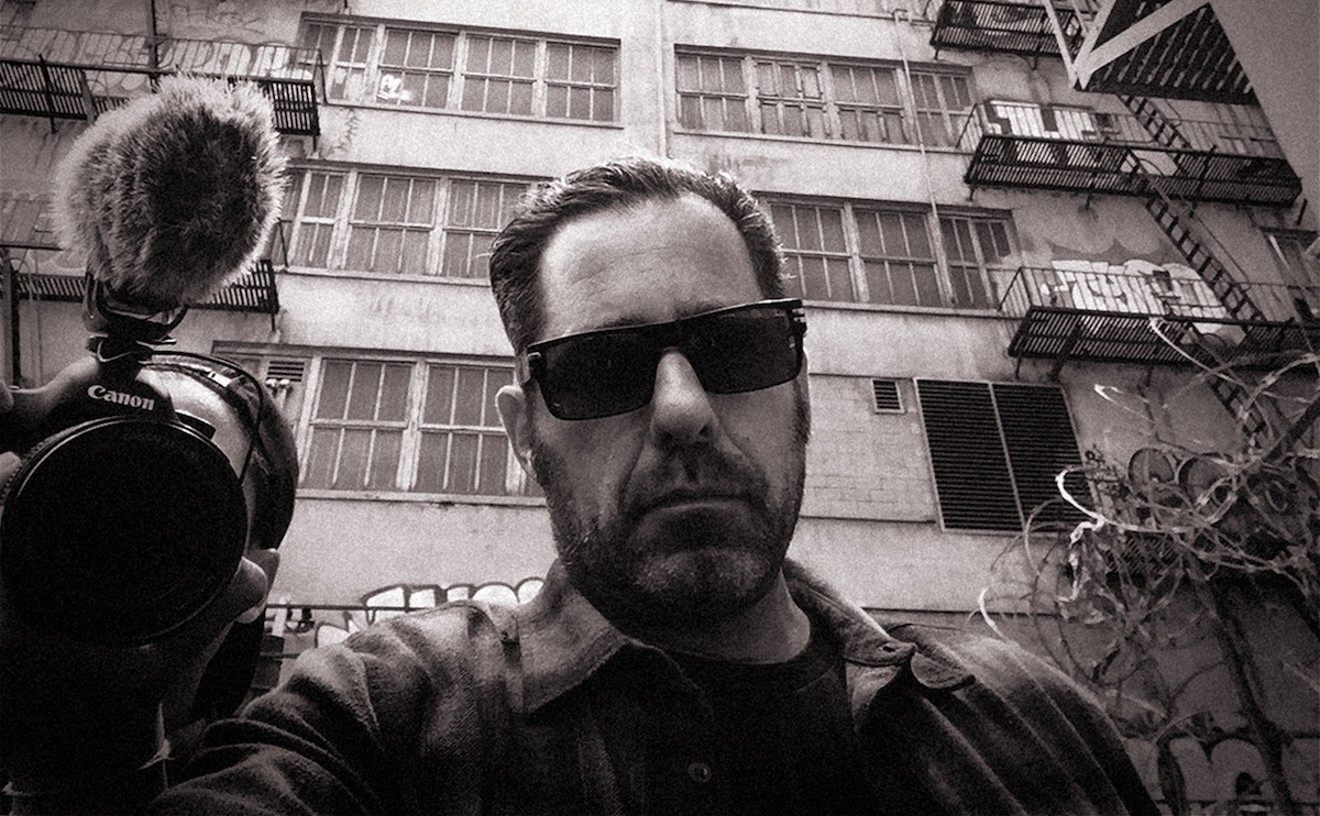
Malcolm Gladwell, New Yorker staff writer and author of best-selling social phenomena books like The Tipping Point, was in town recently at the University of Miami, where he illuminated the subject of his most recent book, Blink. It began with a revelatory anecdote.
To paraphrase:
So, this guy walks into a museum. He's got a really big figurative sculpture, says its from Ancient Greece, it's super-rare and super-valuable. The museum people salivate. This could be the most important addition to their collection ever. For more than a year, they pore over the piece, do all kinds of research and analysis. It's real, they say. It's got to be. They write a check for $10 million and newspapers around the country run with the story. Only problem is, when the museum shows off its new acquisition, various experts shrug their shoulders immediately. It's a fake, they say. The experts, of course, are right.
Gladwell, a mop-haired, kinetic speaker, used the true story of a mistaken purchase by the Getty Museum in Los Angeles to illustrate his point: sometimes it's better to trust your intuition rather than rely on careful analysis.
Heads nodded among the few hundred UM-ers and assorted hoipoloi who filled the bleachers at the Bank United Center. The parquet basketball floor and massive hanging electronic scoreboard seemed a strange setting for Gladwell's brand of intellectual rigor.
At the core of Gladwell's argument is the idea that snap judgments are an essential, yet largely misunderstood part of the human experience. As with many Gladwell-isms, the concept revolves around counter-intuitive thinking. For example, it's actually safer, statistically, for police officers to face tough decisions alone rather than in groups (they're less distracted).
Put aside emotion, prejudice and bias — the desire for the statue to be real, in the Getty's case — and you can usually trust your gut, as long as you have some experience to back it up. "Sometimes, we exaggerate the importance of adding information," Gladwell said. "Sometimes, it's better to zero in on a few pieces of information."
Of course, what's easy to say isn't always easy to do. After massive amounts of research on the matter, Gladwell admitted he hadn't exactly reached Zen-like decision-making ability. "As a result, I'm now really helpless," he said.
Listen in on a September 8 roundtable discussion with Gladwell at UM.-Rob Jordan










